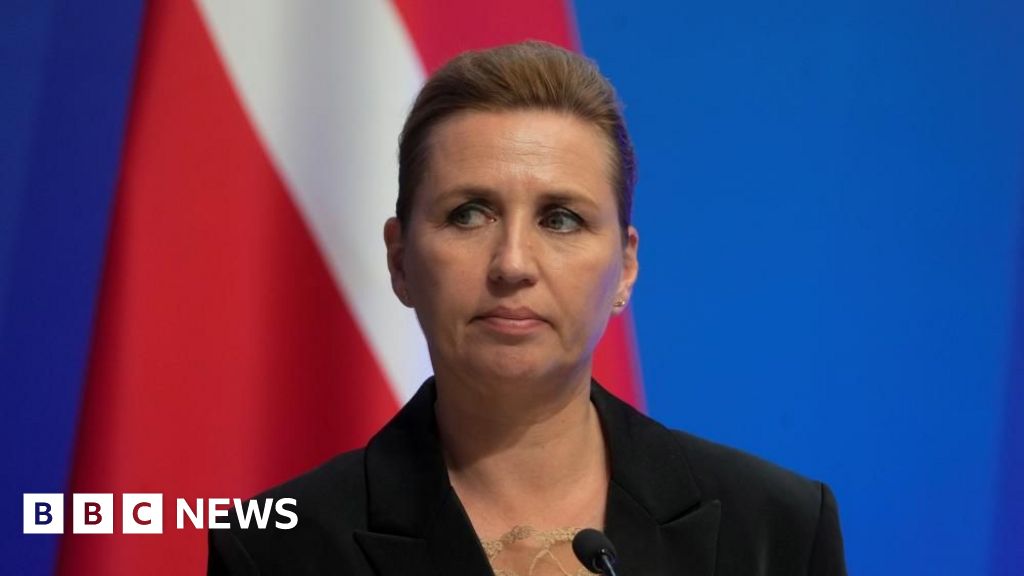Denmark's Prime Minister Mette Frederiksen has issued a long-awaited apology to the Greenlandic women and their families affected by what she called systematic discrimination during a contraceptive campaign. During the 1960s and 70s thousands of Inuit women and girls as young as 12 were fitted with contraceptive devices, as part of a birth-control programme administered by Danish doctors. We cannot change what has happened. But we can take responsibility, Frederiksen said of the scandal. On behalf of Denmark, I would like to say sorry, she said, acknowledging that victims had experienced both physical and psychological harm. The scale of the birth-control programme was first brought to light in 2022, by an investigative podcast called Spiralkampagnen - the coil campaign. The device used is commonly known as a coil and is placed inside the womb, or uterus, to prevent pregnancy. In the past few years, many women have come forward to say they were fitted with an intra-uterine device (IUD) without their knowledge or consent. Few had previously been aware of the contraceptive campaign, and the reports prompted shock and anger. Records from the national archives showed that, between 1966 and 1970, 4,500 women and girls, some as young as 13, had an IUD implanted. A group of 143 women have since filed a lawsuit against the Danish state demanding compensation:138 of them were under 18 at the time. The use of birth control was so widespread that Greenland's population growth severely slowed. Speaking on Danish television last December, the former Prime Minister of Greenland, Mute B Egede, said it was genocide. A formal inquiry was launched, and the findings will be released next month. Frederiksen confirmed that many Greenlandic women reported being subjected to abuse by the Danish healthcare system. Victims, like Henriette Berthelsen, expressed relief over the apology, although it was seen as long overdue. Legal representatives have also emphasized the need for acknowledgment of human rights violations and compensation for those affected.
Denmark's Apology to Greenland: Acknowledging Past Injustices

Denmark's Apology to Greenland: Acknowledging Past Injustices
Prime Minister Mette Frederiksen officially apologizes to Greenland's Inuit women subjected to a controversial birth control campaign during the 1960s and 70s.
Denmark's Prime Minister, Mette Frederiksen, has formally apologized for the forced contraception of Inuit women in Greenland during the 1960s and 70s, which involved thousands of women being fitted with contraceptive devices without their consent. This apology comes after a long investigation that uncovered the systematic discrimination these women faced. Frederiksen acknowledged the physical and psychological harm inflicted upon the victims, as prior reports of the program caused widespread shock and anger, leading to a call for accountability and compensation for those affected.

















